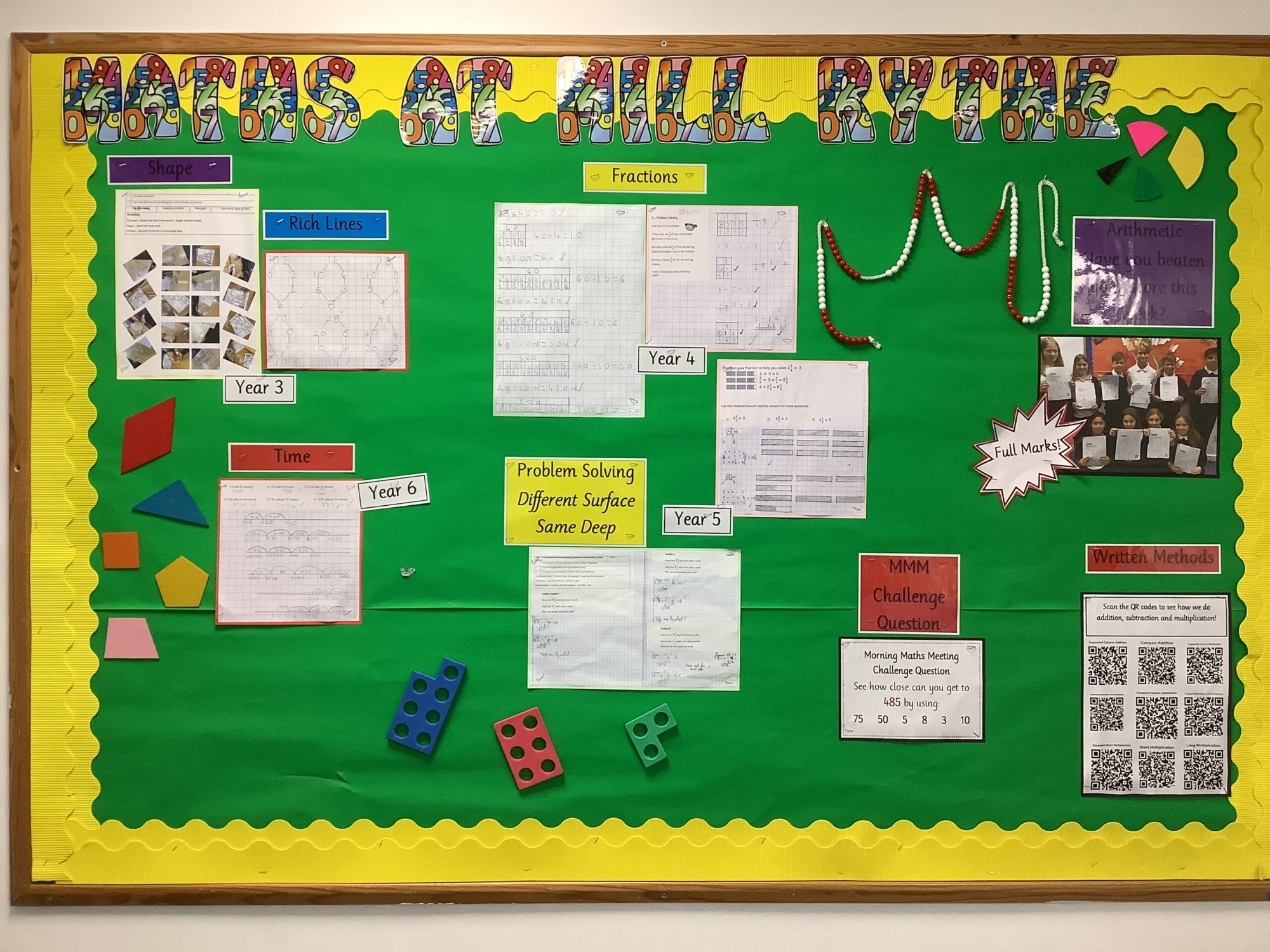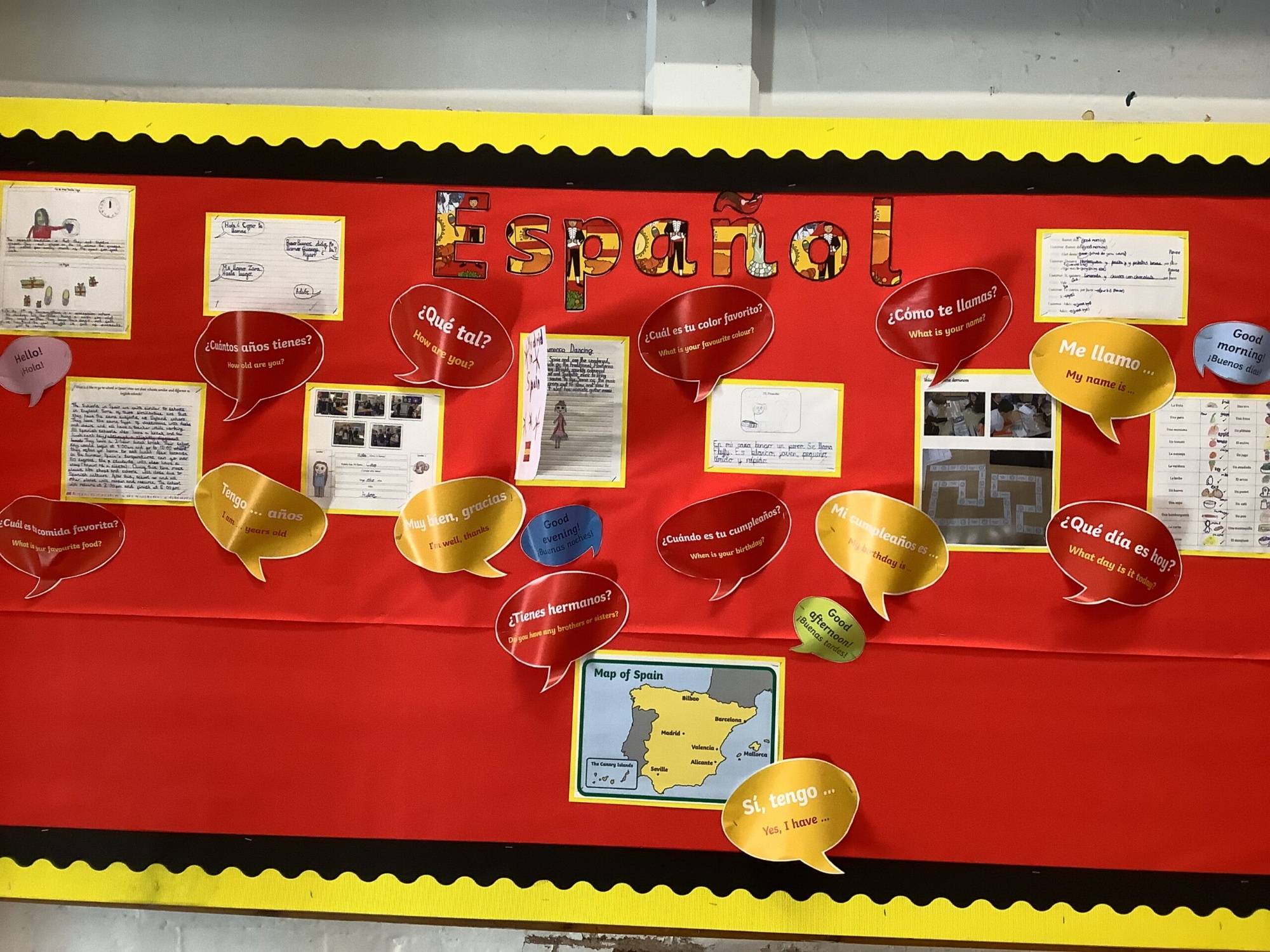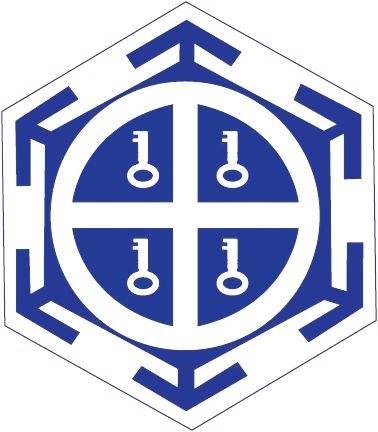Our Curriculum
On this page you will find information about the Mill Rythe Junior School Curriculum. Your child’s teacher will be pleased to talk to you if you would like more information on any aspect of the curriculum.
English
At Mill Rythe, our English curriculum is broad, varied, creative and rich, designed to capture the imaginations of our learners. It is our intention that our children become literate, coherent communicators who can effectively express themselves in a wide range of contexts and in a wide variety of ways.
We want to encourage our pupils to be inquisitive about vocabulary, to continue to grow their own vocabulary repertoire and to develop their ‘word consciousness’. Language-rich pupils are effective communicators and strong comprehenders. Vocabulary acquisition is not finite: it’s a lifelong, ongoing process. We want to develop active readers and writers with an interest in words and language, who possess the tools and strategies to seek out the meaning of unfamiliar vocabulary.
Our intention is to ensure that all children at Mill Rythe become fluent and confident readers in order to improve children’s comprehension and to be able to enjoy a wide range of texts. We recognise how vital reading is in helping us to understand the world around us and the opportunities being able to read well provides us with. In order to access learning, at school and later on in life, children need to be able to read fluently. All the time that reading is hard and not fluent, children’s brains are taken up recalling their phonic knowledge and decoding strategies and are not solely focused on understanding the words on the page. We strive to enable every child regardless of their background, needs or abilities to become a good reader and we aim to provide rich, engaging experiences of reading that inspire the child to become passionate lifelong readers.

To achieve this, we offer a rigorous phonics programme for those children that still need support to decode, alongside a range of strategies to support decoding and comprehension. Regular and accurate assessment continually informs teaching of phonics, comprehension and fluency to ensure all children make rapid progress. The sequence of reading books is matched closely to the school’s phonics programme and until children reach the end of the phonics programme they take home a phonetically decodable book; which is either in line with or slightly behind sound progression in which children are being taught.
Both our reading and writing curriculum are supported through a wide range of text drivers that allow children to experience the very best of what has been written.
Reading
At Mill Rythe we recognise how vital reading is in helping us to understand the world around us. In order to access learning, children need to be able to read fluently. All the time that reading is hard and not fluent, children’s brains are taken up recalling their phonic knowledge and decoding strategies and are not solely focused on understanding the words on the page.
Our intention is to ensure that all children at Mill Rythe become fluent and confident readers in order to improve children’s comprehension and enjoyment of a wide range of texts. To achieve this, we offer a rigorous phonics programme for those children that still need support to decode, alongside a range of strategies to support decoding and comprehension. All classes across the key stage teach our ‘Daily Reading Strategies’, which are comprised of phonics, cumulative blending, sound buttons and ‘Fred Fingers’ and these are designed to enhance our rich reading curriculum and ensure that all children are able to access it.
Reading opportunities have been carefully planned into all curriculum subjects to ensure that children practise and rehearse their decoding and comprehension skills throughout their school day. In addition, the School Library Service provides us with high quality key texts to support and enhance our curriculum.
At Mill Rythe, we prioritise and celebrate reading. Each class has a termly class reader with carefully chosen texts in each year group and we have a dedicated ‘read for pleasure’ slot in our timetable each week. We carefully plan in opportunities for reading across a range of genres and subjects, from PE lessons to Design Technology, so that children read for both pleasure and information.
In addition, each year group has 8 ‘Must Reads’ and it is expected that all children will have read and enjoyed all eight by the end of each school year. ‘Must Reads’ are a range of age-appropriate texts from a range of genres, authors and themes and expose our children to a broad range of rich texts. You can find a list of year group must reads on the year group page.
Parental Support:
We hold regular Parent Workshops to support parents with reading strategies that they can use at home and to signpost additional resources. Reading at home is vital in helping to foster a love of reading. Below are year group lists of books that your child might enjoy reading at home.
Science
Design Technology
Relationship and Health Education
Music
Geography
Maths
Mathematics is an important, creative discipline that helps us to understand and change the world. We want all pupils at Mill Rythe Junior School to experience the beauty, power and enjoyment of mathematics and develop a sense of curiosity about the subject with a clear understanding.
At Mill Rythe Junior School, we foster positive, can-do attitudes and we promote the fact that ‘We can all do maths!’ We believe all children can achieve in mathematics and teach for secure and deep understanding of mathematical concepts through manageable steps that are planned to meet the needs of each child.

We use mistakes and misconceptions as an essential part of learning and provide challenge through rich and sophisticated problems. We aim for all pupils to become fluent in the fundamentals of mathematics so that they develop conceptual understanding and the ability to recall and apply knowledge rapidly and accurately; to be able to solve problems by applying their mathematics to a variety of problems with increasing sophistication, including in unfamiliar contexts and to model real-life scenarios; to reason mathematically by following a line of enquiry and develop and present a justification, argument or proof using mathematical language; and to have an appreciation of number and number operations, which enables mental calculations and written procedures to be performed efficiently, fluently and accurately in order to be successful in mathematics.
Computing
Spanish
¡Hola!
The intention of the Spanish curriculum at Mill Rythe Junior School is that children are taught to develop an interest in learning another language in a way that is enjoyable and stimulating. This is achieved by learning a new language through songs, role play and games alongside building their awareness of cultural differences between the UK and Spanish speaking countries around the world. It is our intent that children will leave with a thirst to continue their language journey in further education and will have a natural curiosity and confidence to explore other countries, cultures and languages, accepting that, in a multilingual society, it is a valuable skill to be able to communicate effectively with others in another language.

Our curriculum is developed in a progressive manner that focuses first on developing listening skills then moving onto speaking, reading and finally writing through a range of topics such as greetings, numbers, colours, food, school and pets. Through following this curriculum children will leave with a breadth of new vocabulary enabling them to confidently have a conversation with a Spanish speaker whereby they can talk about themselves and their interests, as well as asking the other person about their interests. They will be able to buy themselves a meal in a restaurant, tell the time, describe their pet and talk about their hobbies. They will know about a number of famous Spanish people from a range of sports (such as tennis, formula one and flamenco dancing), have an understanding of Spanish traditions and celebrations such as ‘La Tomatina’ and know about a few cities in Spain.
